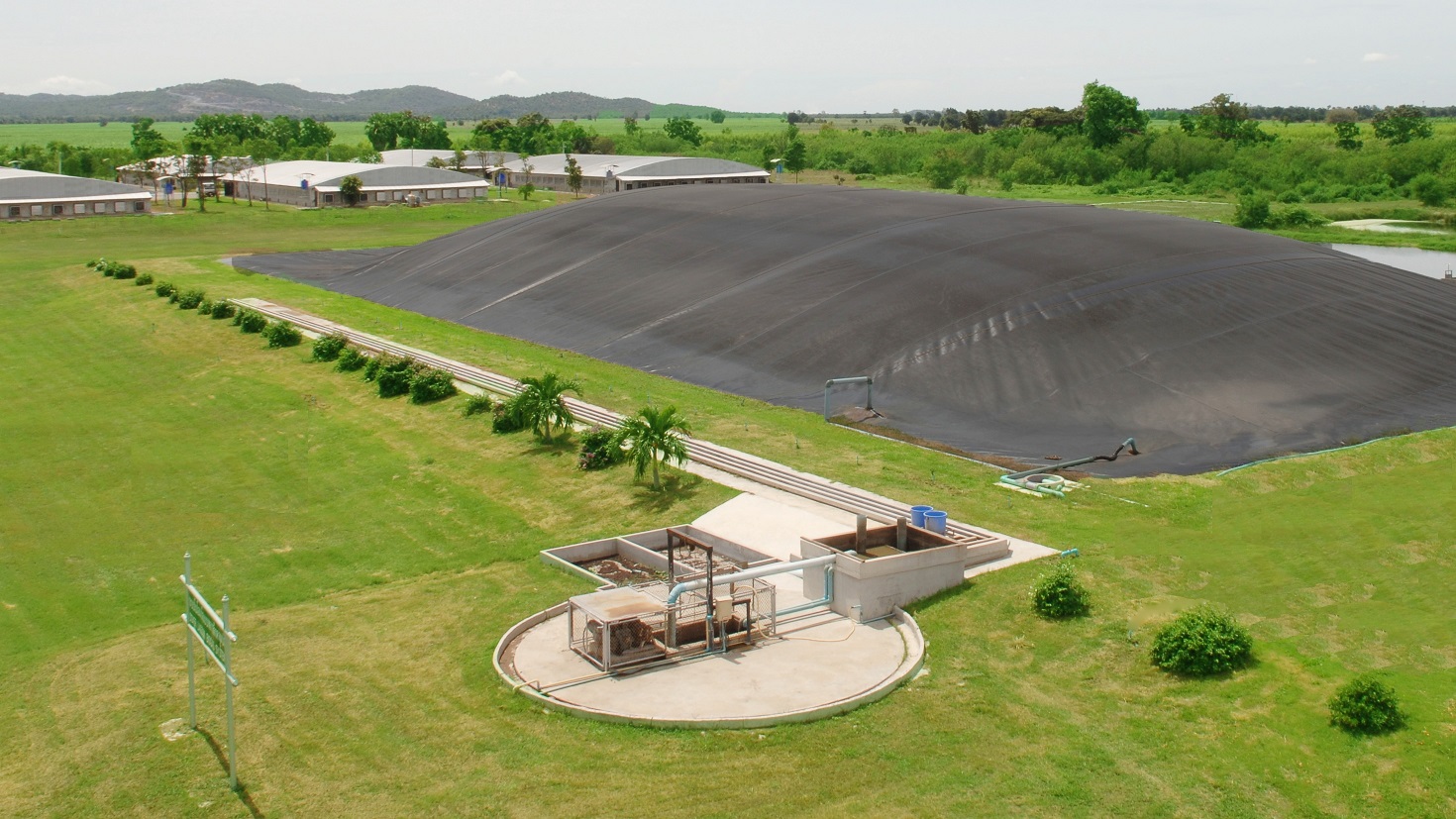

Charoen Pokphand Foods PLC (CPF) is geared towards renewable energy consumption through biogas production at all pig farms in Thailand for long-term energy security as well as maximum energy efficiency under the Circular Economy concept.
Mr. Suchart Wiriya-apa, Senior Vice President – Safety Health Environment and Energy Management. System of CPF, said that CPF has continually adjusted energy consumption accordingly to the Company's energy security policy, business growth and production cost. A focus has been placed on an increase in the ratio of renewable energy as well as high-tech energy production methods, that involves biogas production to reduce impacts on the environment and community.
CPF is a leading integrated agro-industrial and food business that operates technologically-advanced animal feed, farming and processing, and processed food businesses under international standards. CPF sets a goal to raise biogas usage at animal farms, processing plants and 7 egg complexes nationwide. At present, 92% of pig farms in Thailand have their own biogas boilers that produce electricity for internal use. Chicken processing plants also uses wastewater-originated biogas as fuel, replacing bunker oil and steam.
In 2019, CPF's pig farms, processing plants and egg complexes produced a total of 48.61 million cubic meters of biogas, reducing greenhouse gases by 33,268 tons of carbondioxide and production cost by Bt236 million. Thanks to the effort to continually raise the renewable energy ratio in the production process, greenhouse gas emissions per production unit in 2019 dropped by 8% compared to the previous year, as biogas generated 1,017,426 gigajuoles of power.
"Successful biogas production in Thailand has been replicated in our ventures overseas, like in Vietnam, Laos, Cambodia, Malaysia and the Philippines. This is to enhance our energy efficiency and demonstrate our aligned responsibility to the environment," Mr. Suchart said.
Mr.Wuthichai Sitthipreedanant, Senior Vice President for Social Responsibility and Sustainable Development of CPF, asserted that the company has joined the world in mitigating climate change-induced environmental impacts through renewable energy and energy conservation and the policy has been exercised continually. In 2020, CPF targets to reduce Scope 1 GHG emissions (direct emissions from fuel sources) and Scope 2 GHG emissions (energy supply from outside sources) by 15% compared to the base year 2015.
While biogas at pig farms is turned to energy fuel, wastewater is treated before "fertilizer water" is released to nearby communities which earn a living through corn, napier grass and sugar cane plantation. The water has helped ease water shortage in the dry season.
"CPF promotes renewable energy and energy efficiency under the Circular Economy concept. We have emphasized the mitigation of impacts from climate change throughout the value chain, under our goal to raise green revenue and achieve sustainable growth," Mr.Wuthichai said.
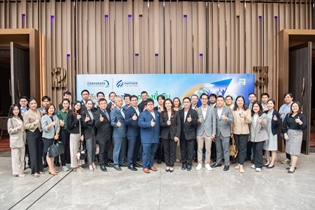
Tag:
#Supplier





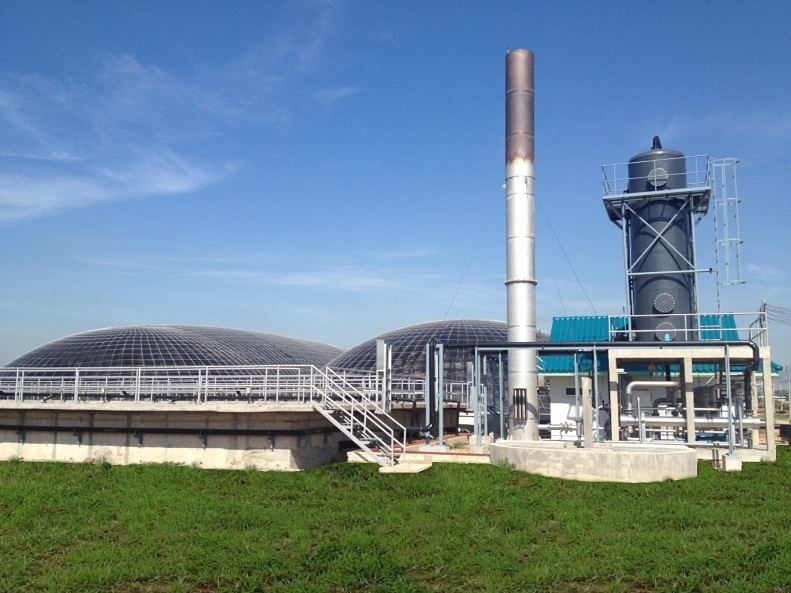
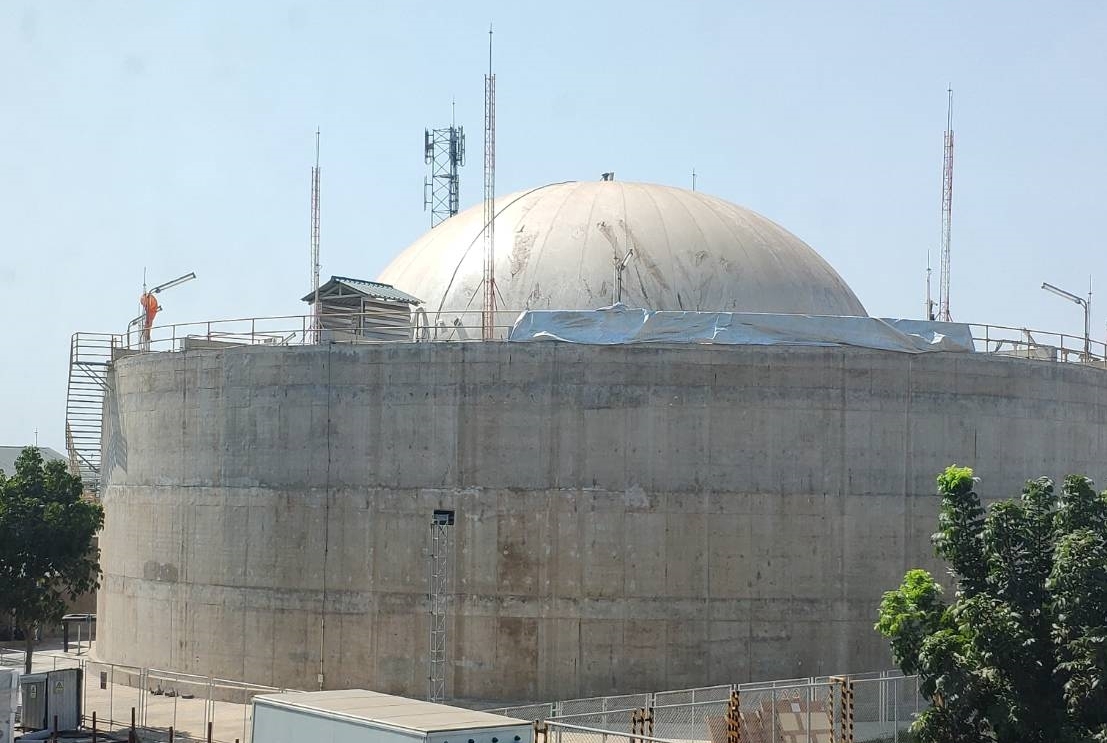
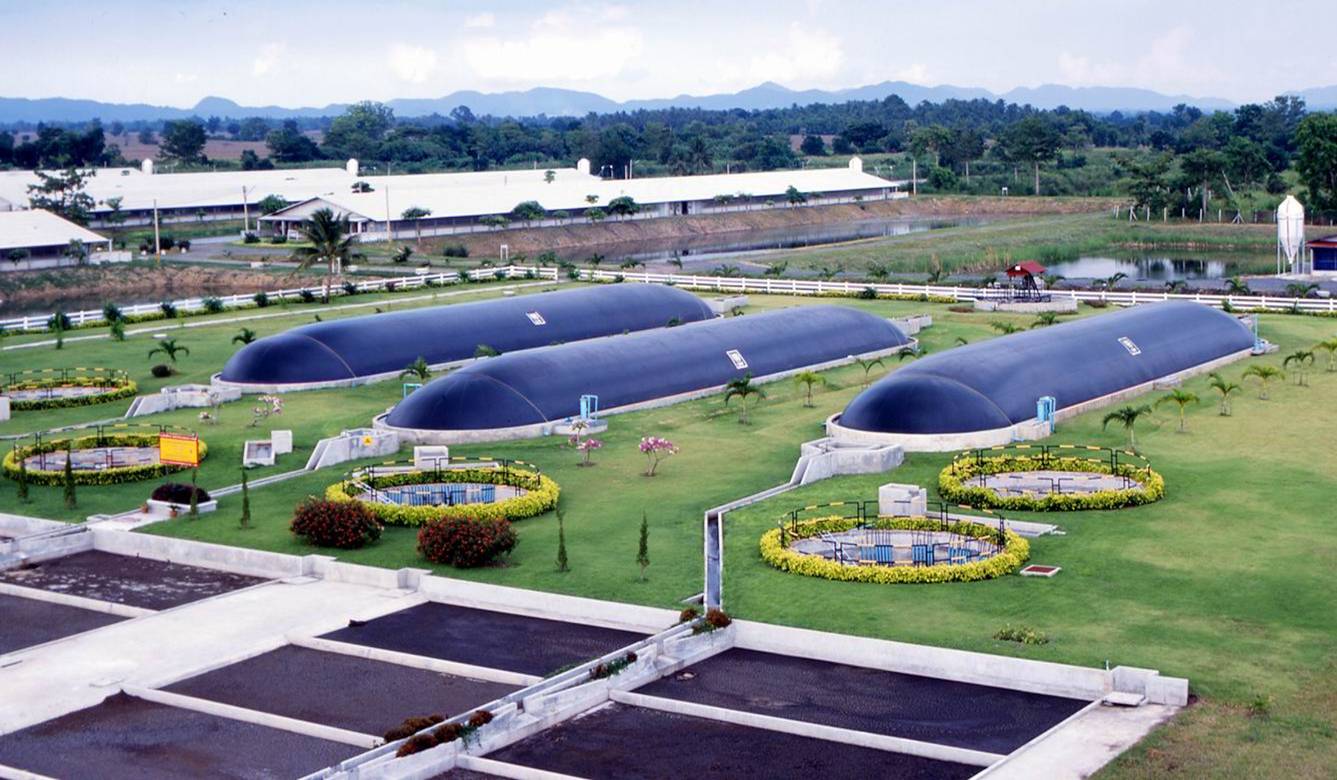
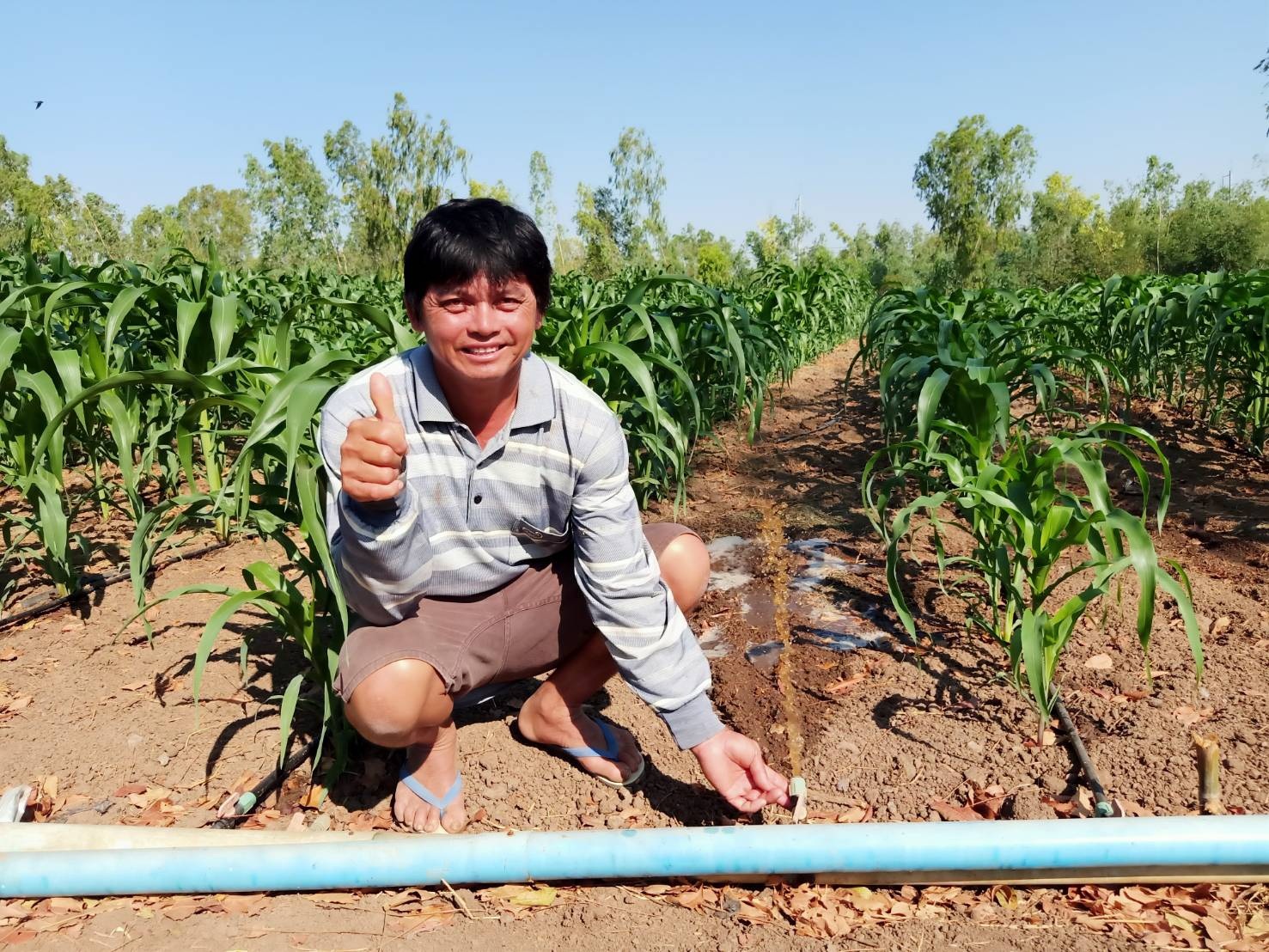
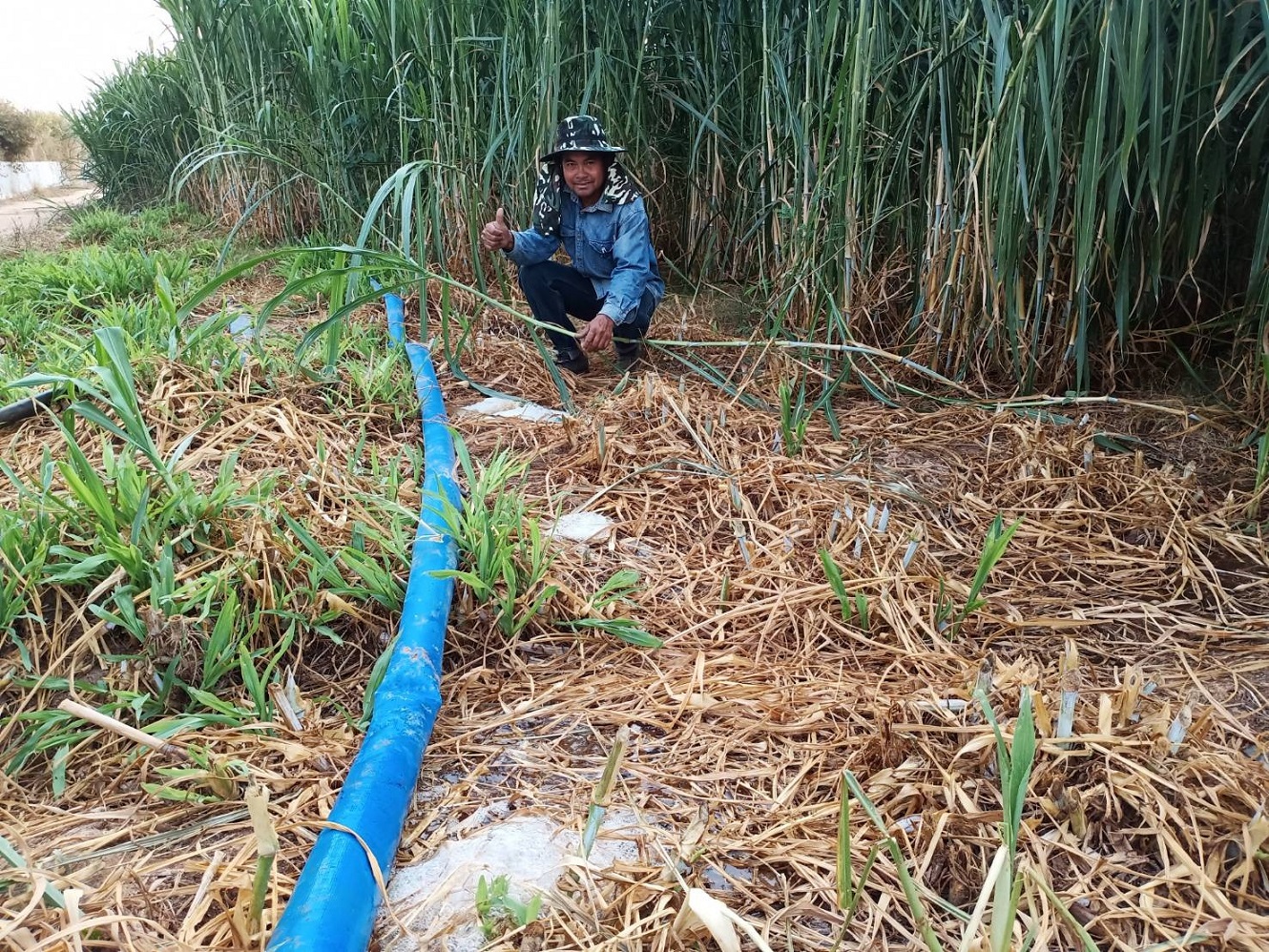
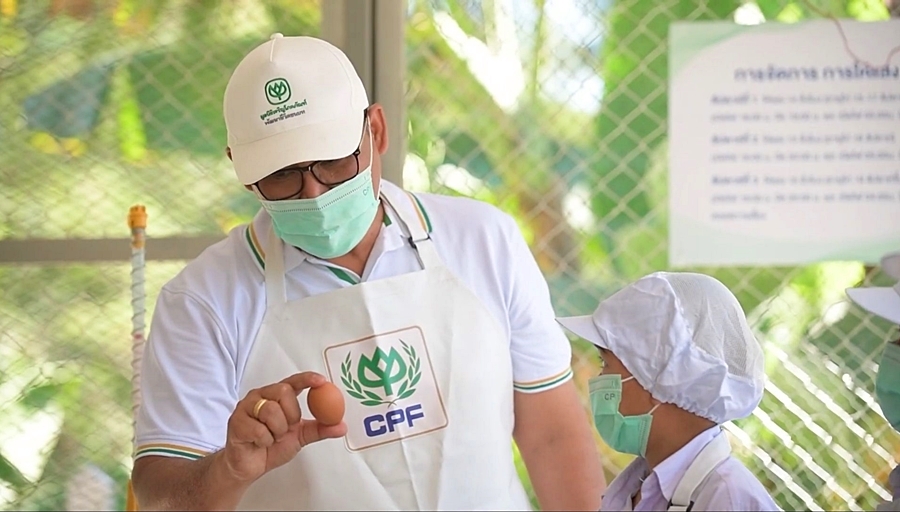
_1745824334.jpeg)